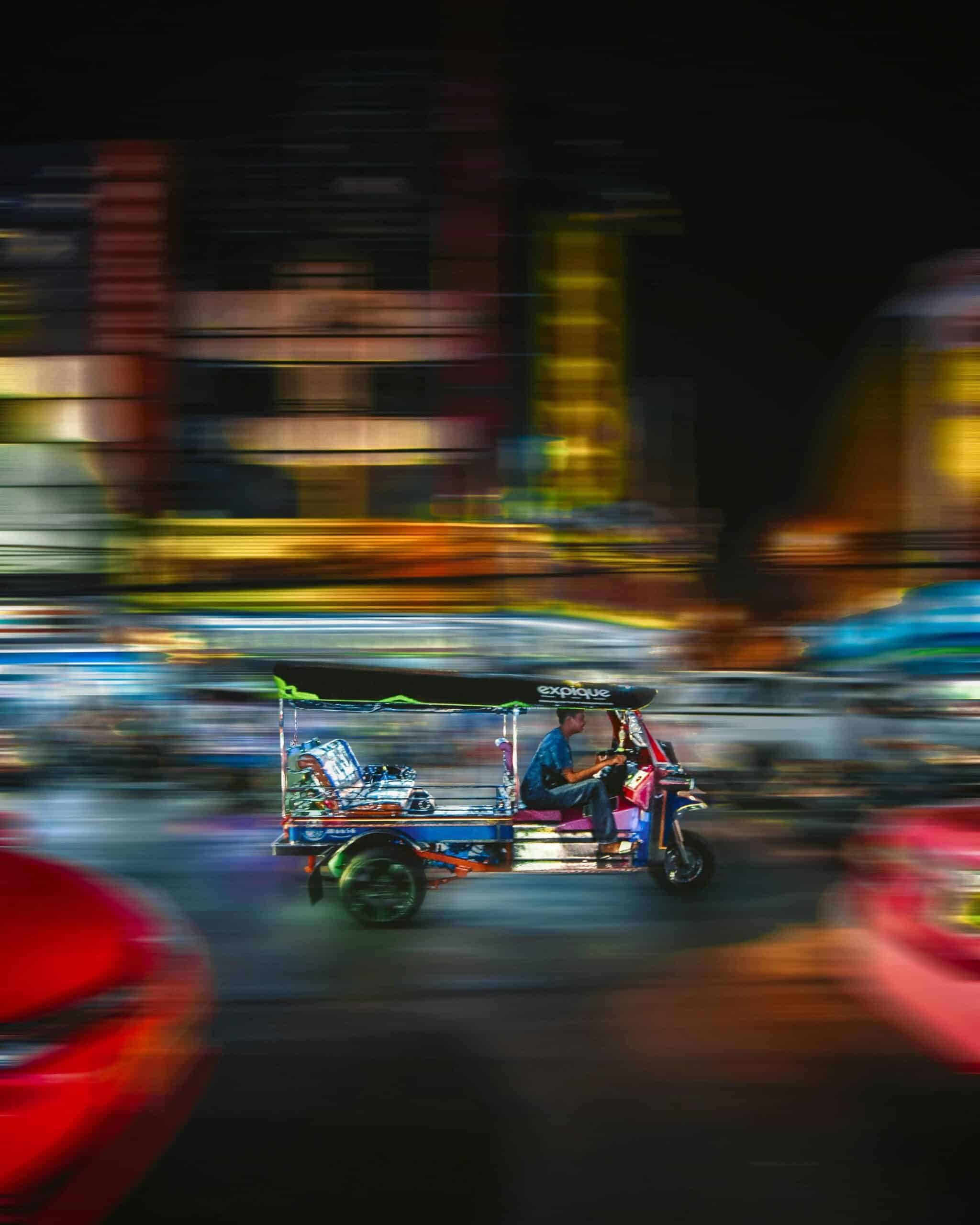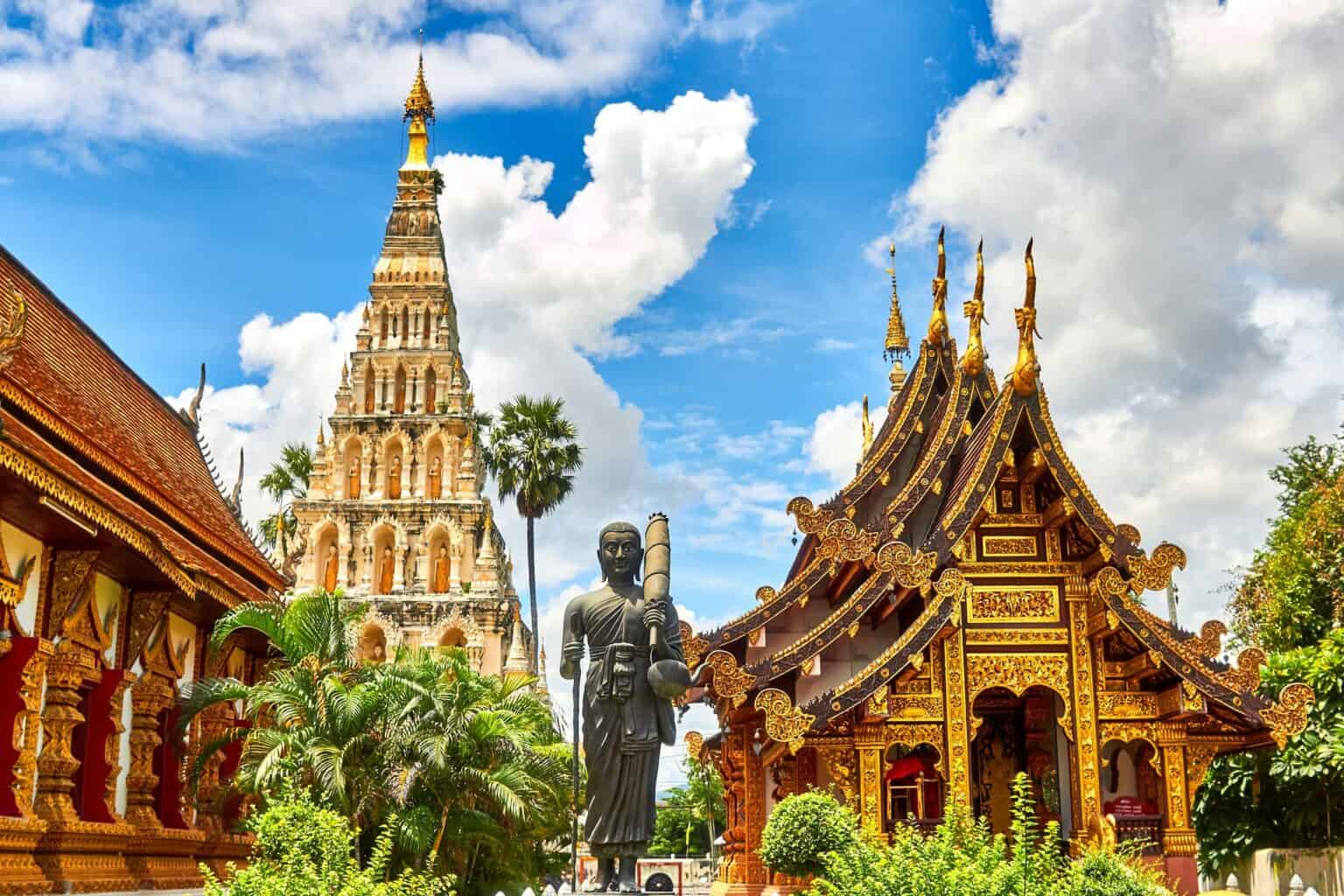Will the DTV scheme make Thailand one of the most welcoming countries in Asia for foreign workers, freelancers and students seeking extended stays?
Is this a dream? A mirage? The feverish imaginings of a farang who’s overindulged on Ko Phangan?
It would seem not. With little fanfare (and perhaps even fewer details), the Thai government has just announced that a brand-new digital nomad visa will allow eligible foreigners to live and work remotely from the Land of Smiles for months (years?) at a time.
The Destination Thailand Visa (DTV) means you could soon find yourself among the gleaming skyscrapers of Bangkok, the historic old town of Chiang Mai, the tourist hotspot of Phuket — or wherever you like in one of Southeast Asia’s most popular destinations.

Not just for digital nomads
Although heralded in much of the media as being specific to digital nomads, the DTV will also be relevant to those pursuing educational courses in Thailand, such as Muay Thai training or cooking classes.
Details are currently patchy (par for the course in a country where legislation can come thick and fast), but according to Newland Chase, a CIBT company, it “provides multiple entries with a stay of up to 180 days per entry and is valid for up to five years.”
Does that mean successful applicants will be able to border-hop every six months and effectively remain in Thailand for the full five-year period? Can they extend in-country without leaving? Will there be limits to how many times they can do that?
The answers to these questions are still unclear, but one thing is evident: the DTV is potentially a vast improvement on the murky previous system where digital nomads entered for 30 days, extended for another 30 and then had to leave the country to re-enter and start the process afresh.
What we know so far
· Visa applicants must be at least 20 years old
· They must have savings of at least 500,000 THB
· Their employment must not come from a company based in Thailand
· An application fee of 10,000 THB applies
Here’s where you should go
First timer looking to take advantage of the country’s generous visa allowance? These five spots are among the most popular for the digital-nomad community in the country.

Bangkok
Gleaming high-rise office blocks, malls, and condominiums abound in Thailand’s heaving capital. Looking for varied nightlife? You’ll find it spanning everything from cheap beers and street eats to $30 cocktails in rooftop sky bars.
Chiang Mai
Centred around an historic walled old-town, Chiang Mai is where city-lovers go when Bangkok has become a bit too much. The street-food scene is superb and the city’s relaxed atmosphere have made it a mecca for digital nomads for years.
Phuket
Phuket is the tourist island you either love or hate. It’s loud, brash, busy and full of holidaymakers from all four corners of the planet partying in the sun.
Looking for authenticity and local charm? Look elsewhere. Seeking Southeast Asia’s answer to Miami? You might have found it.

Ko Phangan
Although famous for Full Moon Parties where ferryloads of the young (and young at heart) crowd onto beaches for hours of drunken revelry, the rest of the island is much more relaxed. Hippies have long found their spiritual home on this island so expect yoga, kundalini gurus, vegan eateries and more.
Ko Tao
Tiny Ko Tao (a short ferry ride from Ko Phangan in the Gulf of Thailand) is the island any scuba diver worth their salt(water) has on their travel itinerary. Crystal clear, warm waters have enough turtles, sharks, and assorted colourful fish to make any dive trip one of the most memorable you’ll ever experience.









